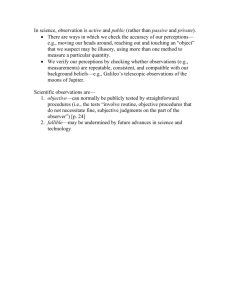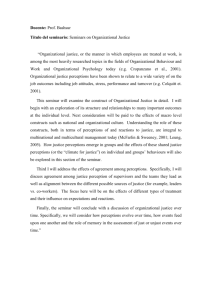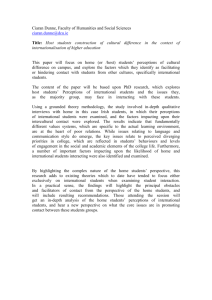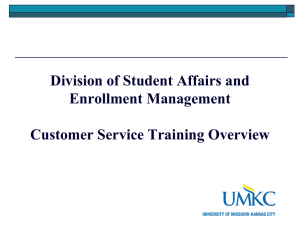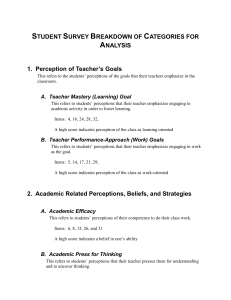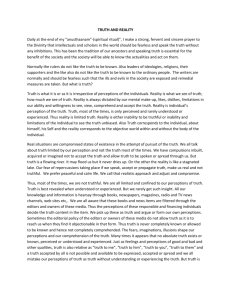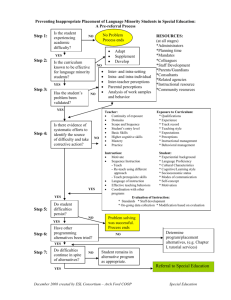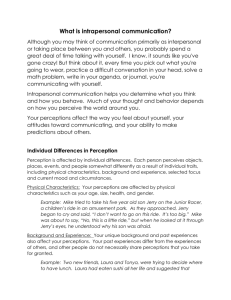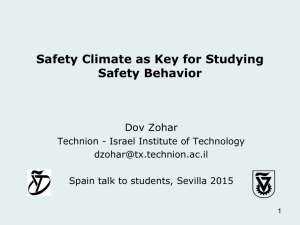Fostering Success in Online Courses: Time Management and
advertisement
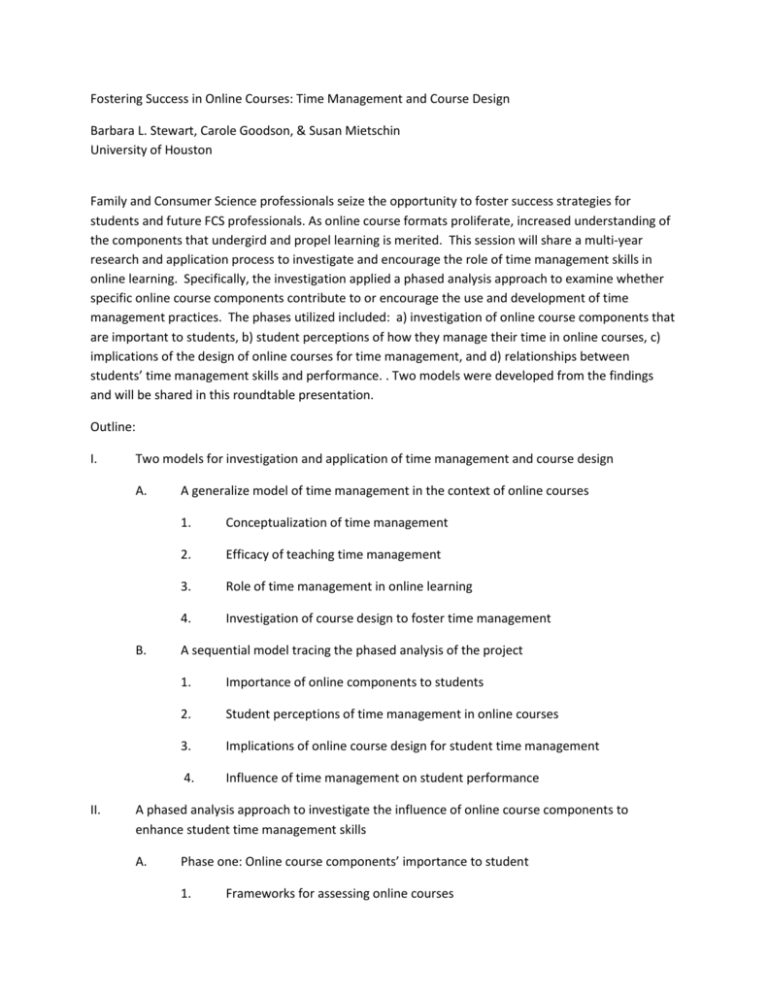
Fostering Success in Online Courses: Time Management and Course Design Barbara L. Stewart, Carole Goodson, & Susan Mietschin University of Houston Family and Consumer Science professionals seize the opportunity to foster success strategies for students and future FCS professionals. As online course formats proliferate, increased understanding of the components that undergird and propel learning is merited. This session will share a multi-year research and application process to investigate and encourage the role of time management skills in online learning. Specifically, the investigation applied a phased analysis approach to examine whether specific online course components contribute to or encourage the use and development of time management practices. The phases utilized included: a) investigation of online course components that are important to students, b) student perceptions of how they manage their time in online courses, c) implications of the design of online courses for time management, and d) relationships between students’ time management skills and performance. . Two models were developed from the findings and will be shared in this roundtable presentation. Outline: I. Two models for investigation and application of time management and course design A. B. II. A generalize model of time management in the context of online courses 1. Conceptualization of time management 2. Efficacy of teaching time management 3. Role of time management in online learning 4. Investigation of course design to foster time management A sequential model tracing the phased analysis of the project 1. Importance of online components to students 2. Student perceptions of time management in online courses 3. Implications of online course design for student time management 4. Influence of time management on student performance A phased analysis approach to investigate the influence of online course components to enhance student time management skills A. Phase one: Online course components’ importance to student 1. Frameworks for assessing online courses B. C. D. III. 2. Student perceptions of course components 3. Perceptions of online delivery 4. Implications for online delivery Phase two: Managing time in online courses 1. Impact of format on time management skills 2. Factors of time management that influence course performance 3. Variations in perceptions of time management for online and face-to-face formats Phase three: Design of online courses: Implications for time management 1. Course features to enhance time management 2. Impact of course design on time management skills Phase four: Time management skills employed by students 1. Time management skills used by students 2. Characteristics of students who use time management strategies 3. Relationships between use of time management skills and use of course design features Applications for Family and Consumer Sciences professionals
